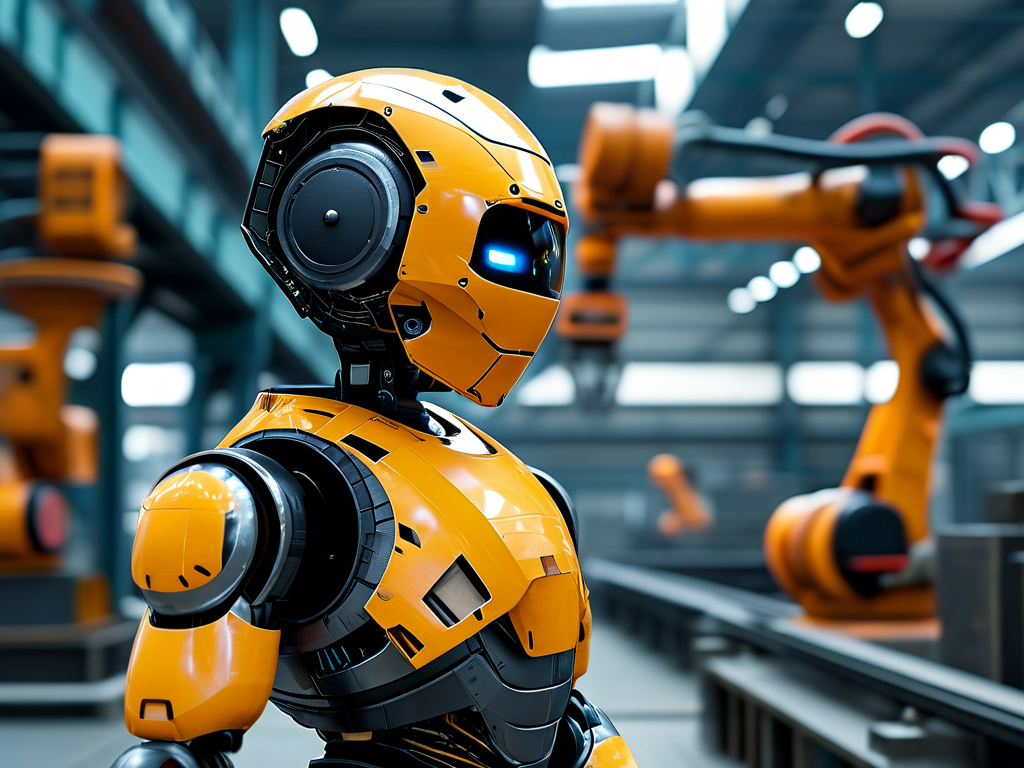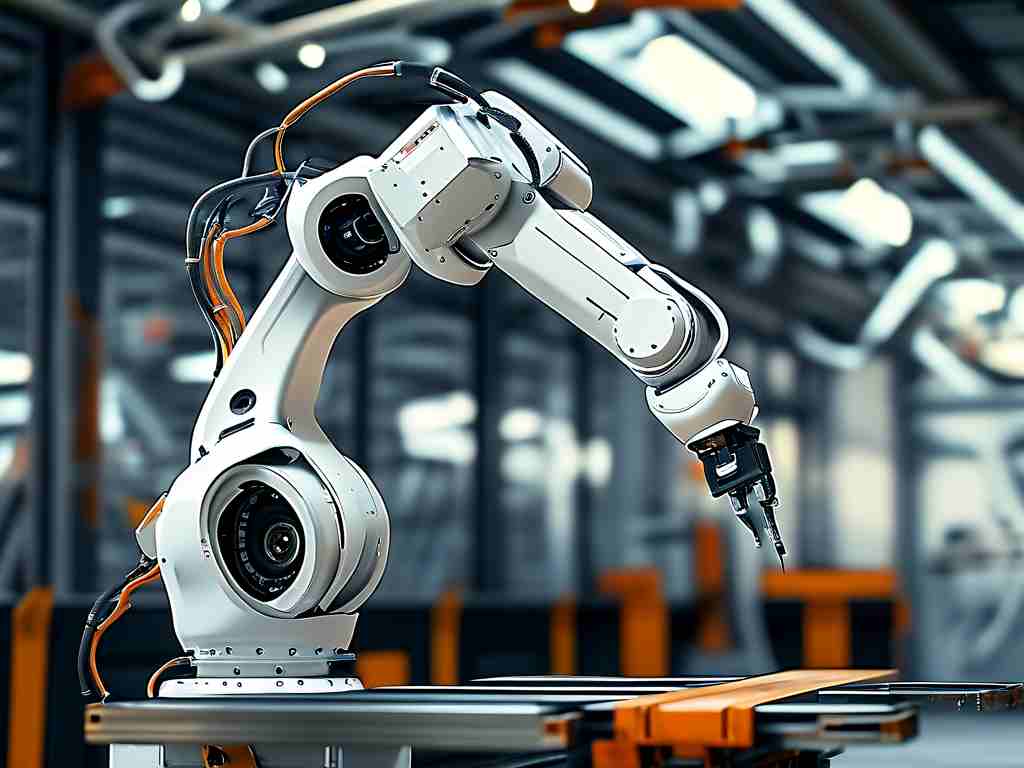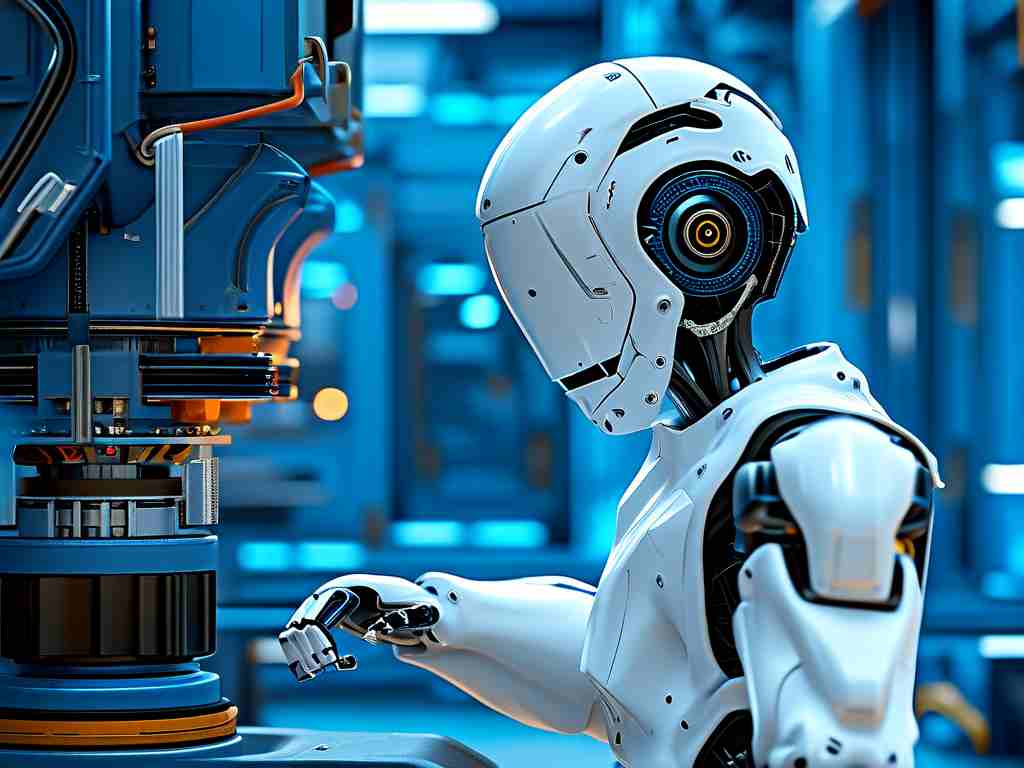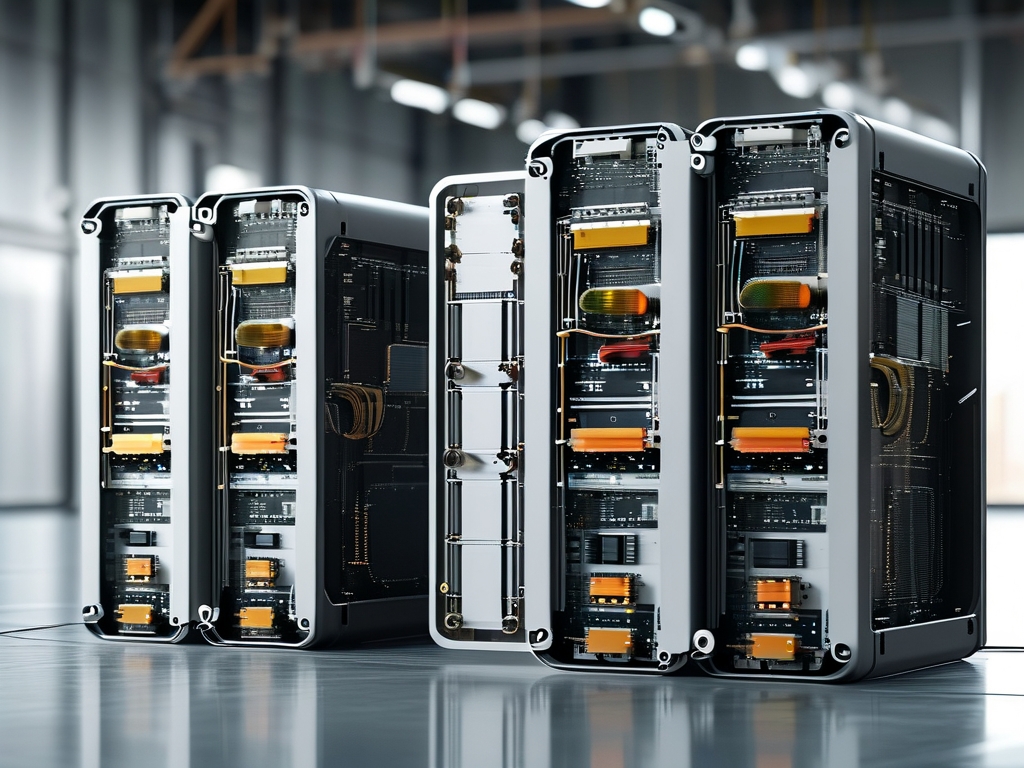In the rapidly evolving landscape of industrial automation, IronEgg Robotics has emerged as a pioneering force, leveraging cutting-edge innovations to redefine operational efficiency. This article explores the technological differentiators that position IronEgg's robotic solutions at the forefront of modern manufacturing and logistics.

Precision Engineering Meets Adaptive Intelligence
At the heart of IronEgg's success lies its proprietary motion control system, which combines micron-level precision with real-time environmental adaptation. Unlike conventional robotic arms limited to pre-programmed paths, IronEgg's machines utilize multi-spectral sensor arrays to detect submillimeter variations in workspace conditions. This enables seamless adjustments during high-speed operations – a critical advantage in electronics assembly where component tolerances often measure less than 0.01mm.
The company's self-developed AI co-processor enhances this capability through edge computing. By processing sensory data locally rather than relying on cloud-based systems, IronEgg robots achieve response latencies under 2ms, making them particularly effective in dynamic environments like automotive production lines. Field tests at a Guangdong-based EV battery plant demonstrated 37% fewer collision-related stoppages compared to competing systems.
Modular Architecture for Scalable Solutions
IronEgg's modular design philosophy represents another strategic advantage. Their robotic platforms employ standardized interface protocols that allow rapid customization through plug-and-play component swaps. A food packaging customer in Shandong Province famously reconfigured 80% of their IronEgg workforce within 48 hours to accommodate sudden product line changes during the 2023 lunar new year rush – a process that previously required weeks of downtime with legacy systems.
This architectural flexibility extends to software integration. The open-API framework enables seamless connectivity with over 90% of mainstream industrial control systems, significantly reducing implementation costs. Third-party developers have created specialized toolkits for niche applications ranging from textile pattern inspection to pharmaceutical vial handling, all compatible with IronEgg's core operating system.
Energy Efficiency Without Performance Tradeoffs
While industrial robots typically consume substantial power, IronEgg's engineers have achieved breakthrough energy dynamics through biomimetic actuator design. Their latest generation of collaborative robots (cobots) draws inspiration from human musculoskeletal efficiency, utilizing variable-torque motors that automatically adjust energy consumption based on workload.
Independent testing by the China Robotics Industry Alliance revealed that IronEgg cobots operate at 42% lower power consumption than comparable EU-made models while maintaining equivalent payload capacities. This combination of strength and efficiency has proven particularly valuable in energy-intensive sectors like metal fabrication, where a Jiangsu-based manufacturer reported 23% reduction in per-unit energy costs after transitioning to IronEgg systems.
Enhanced Safety Through Predictive Analytics
Safety constitutes a critical differentiator in IronEgg's technological portfolio. The company's RiskAnticipation™ algorithm analyzes historical operational data and real-time sensor inputs to predict potential hazards before they materialize. In one documented case at a Zhejiang automotive plant, the system automatically initiated emergency braking 0.8 seconds before a conveyor belt malfunction could have caused robotic arm damage, preventing an estimated ¥2.3 million in potential losses.
This predictive capability integrates with human-machine interaction protocols. IronEgg's vision systems can now distinguish between 27 types of worker gestures and body language cues, enabling more intuitive collaboration in shared workspaces. The technology recently received Class C certification under ISO/TS 15066 standards for cobot safety.
Sustainable Manufacturing Through Circular Design
Beyond immediate operational benefits, IronEgg embeds sustainability into its technological DNA. The company's remanufacturing program recovers 92% of materials from decommissioned robots for reuse in new units. Their patented lubrication-free joint mechanism eliminates the need for petroleum-based greases, reducing environmental contamination risks in sensitive industries like food processing.
As global industries face mounting pressure to adopt greener practices, IronEgg's closed-loop production model offers a compelling value proposition. A lifecycle analysis conducted by Tsinghua University researchers concluded that IronEgg systems generate 58% fewer carbon emissions over 10 years compared to industry averages.
IronEgg Robotics continues to push technological boundaries through its unique integration of precision engineering, adaptive intelligence, and sustainable design. By addressing both current industrial needs and future challenges, the company establishes itself as more than just a robotics provider – it becomes a strategic partner in shaping the next generation of smart manufacturing. As production environments grow increasingly complex, IronEgg's commitment to innovation ensures its solutions remain indispensable tools for enterprises navigating the Fourth Industrial Revolution.





